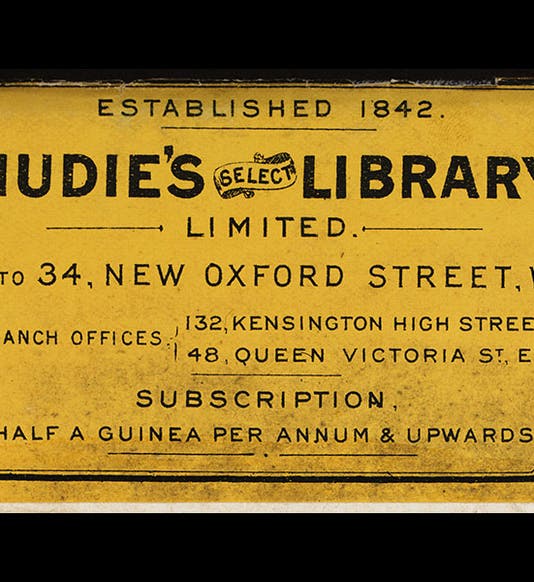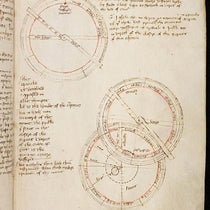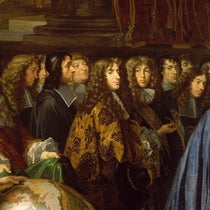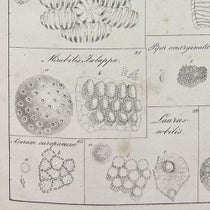Scientist of the Day - Charles Mudie
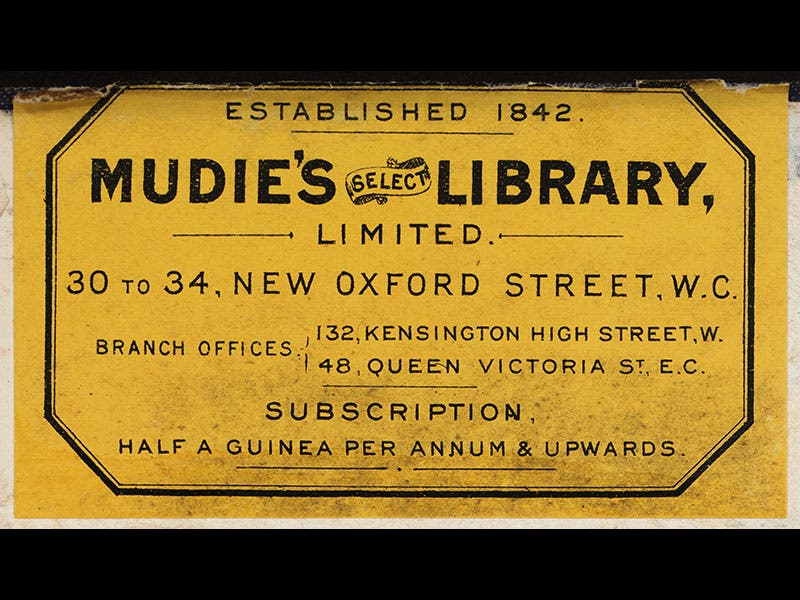
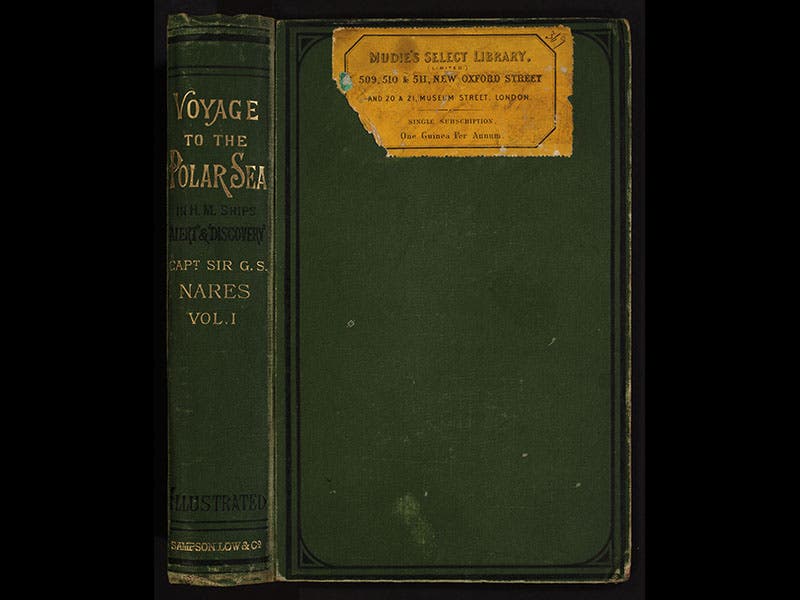
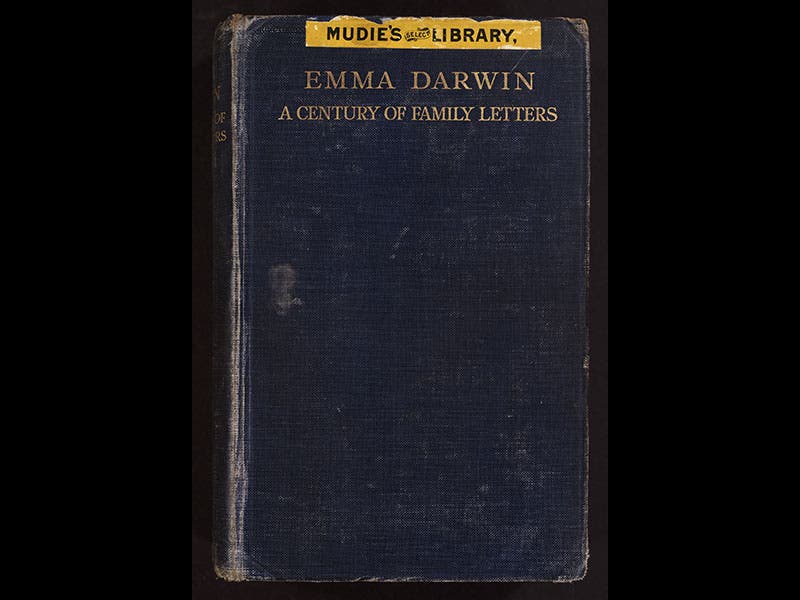
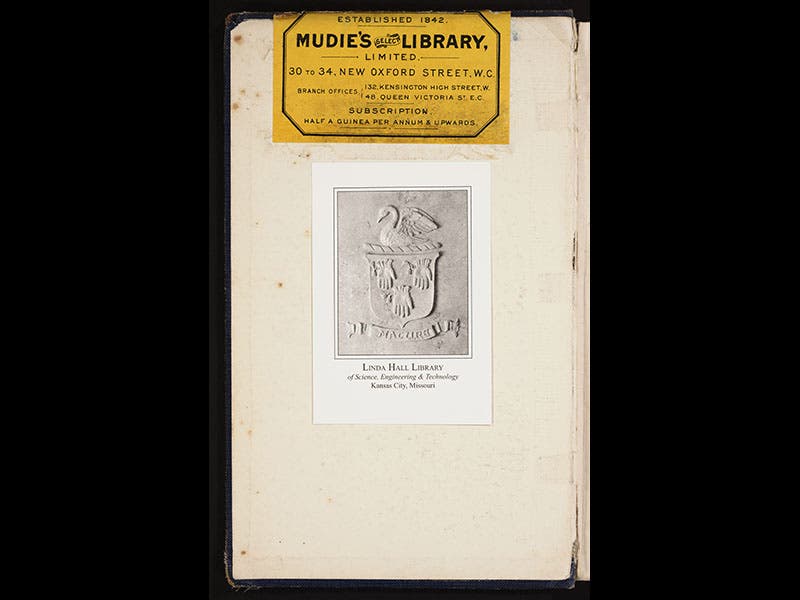
Charles Edward Mudie, a British publisher, was born Oct. 18, 1818. In 1842, Mudie founded a lending library, which he called Mudie's Select Library. Subscribers paid one guinea per year for an unlimited number of books, but could only borrow one volume at a time (the same marketing strategy used by Netflix in our own time). Mudie's originally specialized in science, biography, and adventure, but novels proved quite popular as well. Mudie soon realized that if a novel were published in a three-volume format, then he could lend the same book to three times as many subscribers, one volume at a time, for the same outlay. Since he purchased thousands of copies at a time (he bought about 100,000 volumes per year), he was able to pressure publishers to adopt the three-decker format, which became the standard for the Victorian novel. He also refused to purchase books that did not exhibit good morals, which may well have contributed to that other feature of Victorian literature, its chasteness.
But Mudie continued to stock science and travel books, and in 1859 he learned from publisher John Murray about two forthcoming books of his. One, by Leonard McClintock, was about the discovery of the fate of the lost Franklin expedition in the Arctic. It promised to be very popular, and Mudie ordered 3000 copies for his lending library. The other book seemed much less exciting, but Mudie took a chance and reserved 500 copies of the announced printing run of 1250 copies. The book was Charles Darwin's Origin of Species. Mudie certainly knew his trade--both books were runaway bestsellers, and he must have made a sizeable profit on his initial purchase.
Mudie marked all his books with a yellow paper label (first image), but most of them either peeled off naturally or were removed when the books were resold to private buyers. But we have at least two books with Mudie’s stickers; George Nares’ Narrative of a Voyage to the Polar Sea (1878; second image), and Emma Darwin’s Century of Family Letters (1915; first, third, and fourth images). Apparently Mudie and his descendants still thought that any Arctic narrative, or any book by a Darwin, was a good investment.
Dr. William B. Ashworth, Jr., Consultant for the History of Science, Linda Hall Library and Associate Professor, Department of History, University of Missouri-Kansas City. Comments or corrections are welcome; please direct to ashworthw@umkc.edu.

